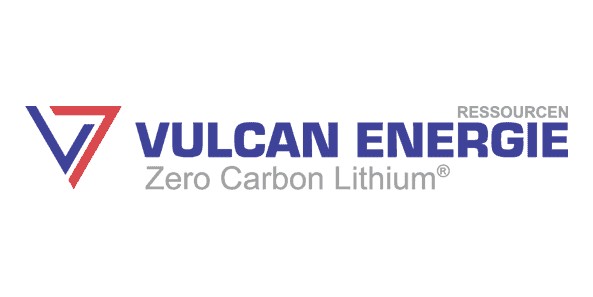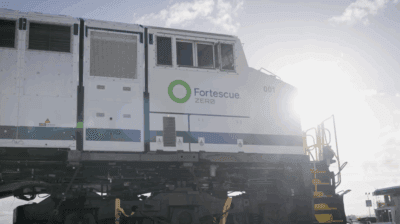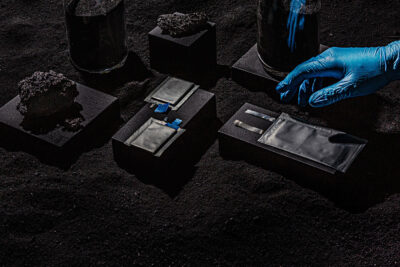Vulcan Energy buys geothermal plant to power lithium extraction
Vulcan Energy, or its German subsidiary Vulkan Energie Ressourcen GmbH, reportedly plans to extract lithium in the Upper Rhine Graben. The acquisition now follows long-standing planning to add a pilot plant to the Insheim geothermal power plant this year. The former owner Pfalszwerke has also been part of the project from the start.
With the deal gone through, Vulcan estimates commercial operation in Insheim could start as early as 2022 – provided the pilot plant delivers results. The company, in earlier statements, said it intended to produce 2,000 metric tons of lithium hydroxide annually in the first phase.
However, there is no mention of output targets in an official statement of Pfalzwerke.
Vulcan founder Horst Kreuter however, told the German Handelsblatt that the current buyout aims to refine the lithium extraction process: “This will give us time to develop the technology.”
The process involves filtering lithium hydroxide from thermal water from geothermal plants. More specifically, the geothermal plants pump hot brine from a depth of thousands of meters to the surface, where the liquid gives off heat. The heat helps produce electricity; the water is eventually fed back underground.
According to data from the Federal Institute for Geosciences and Natural Resources (BGR) from the summer of 2020, the deep water in the Upper Rhine region selected by Vulcan contains between 200 and 400 milligrams of lithium per litre – comparable levels to some salt lakes in South America.
Since announcing the plans, Vulcan has won prominent customers within a few months. Renault has entered into a binding supply agreement in November following an MoU signed in June. Only the South Korean battery manufacturer LG Energy Solution beat Renault to the game and expects lithium for its Polish plant from Vulcan. More recent deals also saw Stellantis and Volkswagen enter similar supply deals. In contrast to the other two carmakers, Volkswagen did not detail the quantity purchased (Stellantis: 16,200 and 19,800 tonnes per year from 2026, Renault: between 26,000 and 32,000 tonnes in total between 2026 and 2032). The German company merely stated that the product would “help to secure Volkswagen’s requirements for future cell production under its management in Germany and Europe” as it was negotiating “further aspects of a potential strategic partnership.”
Vulcan is aiming to start commercial lithium extraction in Germany in 2024. The first stage is expected to result in 15,000 tonnes of lithium hydroxide per year. The second stage of expansion, starting in 2025, envisages an annual capacity of an additional 25,000 tonnes. Vulcan could then produce a total of 40,000 tonnes of lithium hydroxide per year.
handelsblatt.com (original source in German), thinkgeoenergy.com





0 Comments